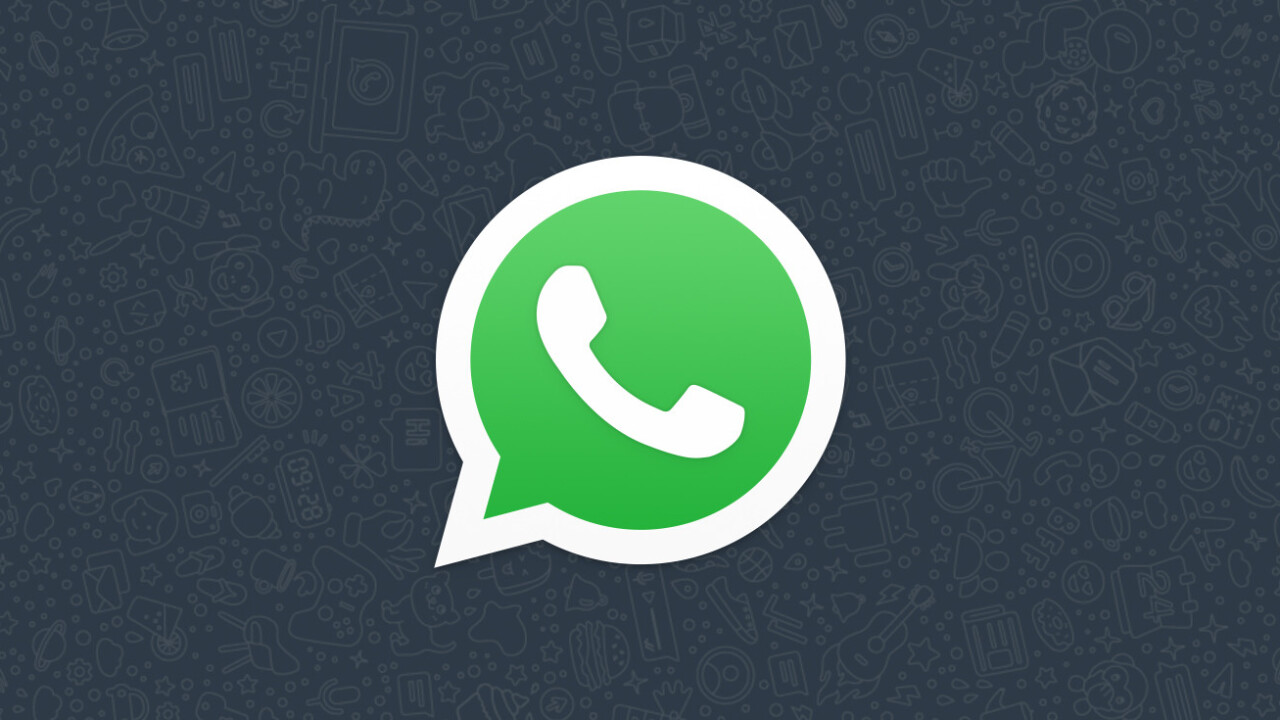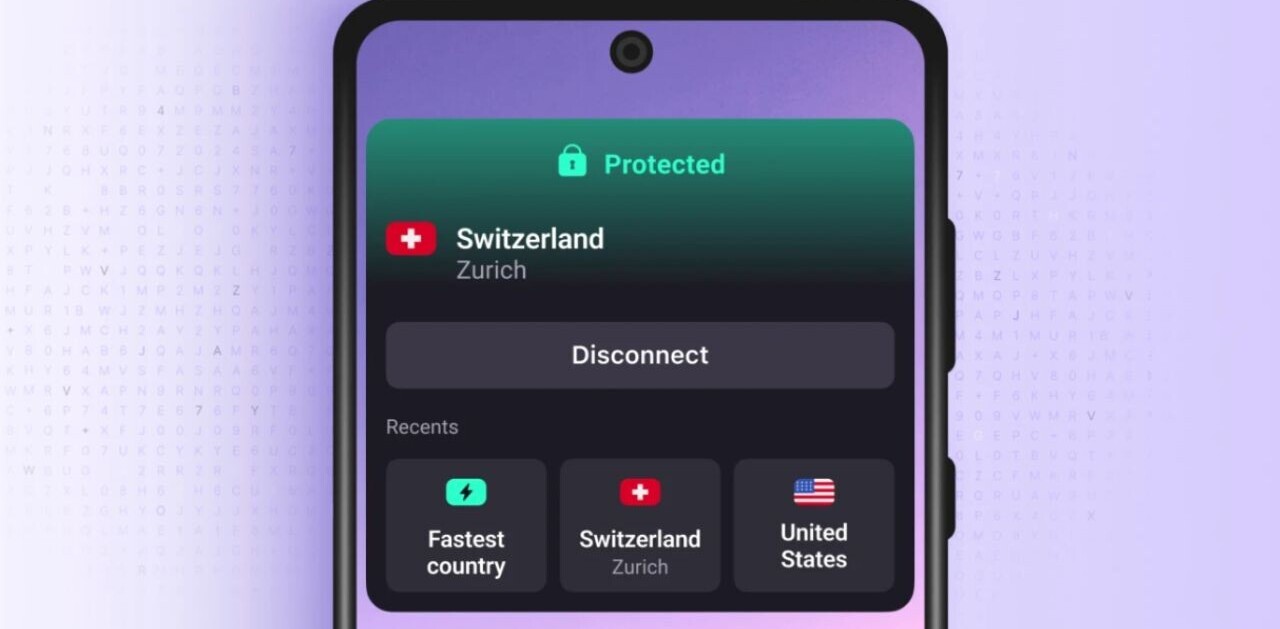
Though WhatsApp is owned by Facebook, plenty of the app’s users are happy to ignore the fact the big blue parent network exists. Somewhat surprisingly, Facebook has been content to let WhatsApp do its own thing since its $19 billion purchase back in 2014. But there are signs this might be slowly changing
Case in point: according to The Verge, WhatsApp is “testing a feature that will let you share your Status to Facebook or Instagram, as well as other services like Gmail or Google Photos.
However, WhatsApp says the new feature won’t require you to link your account to Facebook – it simply operates via Android and iOS’ sharing API. This means your data isn’t transferred between WhatsApp and Facebook account, and it’ll only work if you’re logged into Facebook on your phone. You also won’t be able to share.
It’s clear WhatsApp is being cautious about how it implements the feature. Many people use WhatsApp precisely because it’s a more private service than Facebook or Facebook Messenger.
While it isn’t the most private communication program out there, end-to-end encryption and little interaction with Facebook have helped the app maintain a less problematic reputation than its parent company. Unfortunately, chances are this independence is short-lived.
In 2016, WhatsApp began sharing some data with Facebook for contact information and ad targeting, Last year, WhatsApp co-founder Jan Koum left Facebook after clashing with the company’s positions on privacy. And earlier this year, Facebook raised eyebrows when it said it would allow Instagram, Messenger, and WhatsApp users to interact with one another via a common back-end, although it promised to implement end-to-end encryptions throughout its messaging portfolio.
Allowing users to share their status on other platforms is a relatively innocuous change, but any further link between WhatsApp and Facebook is doubtless to create some suspicion. WhatsApp has operated mostly independently from Facebook in the five years since its acquisition, but I’m not sure I’ll be able to say the same five years from now.
Get the TNW newsletter
Get the most important tech news in your inbox each week.





